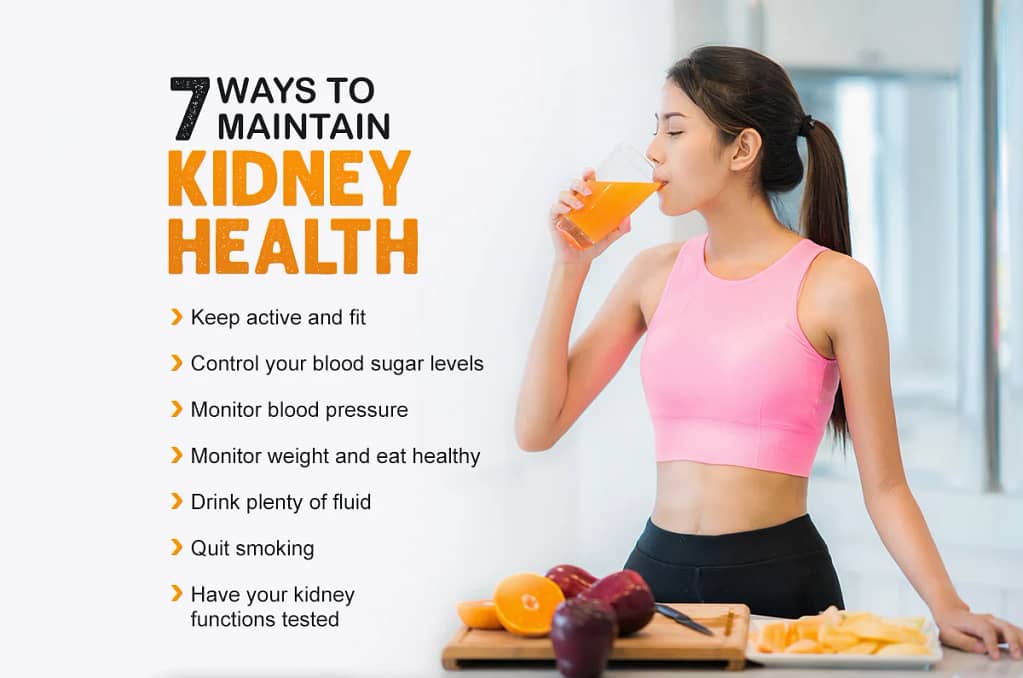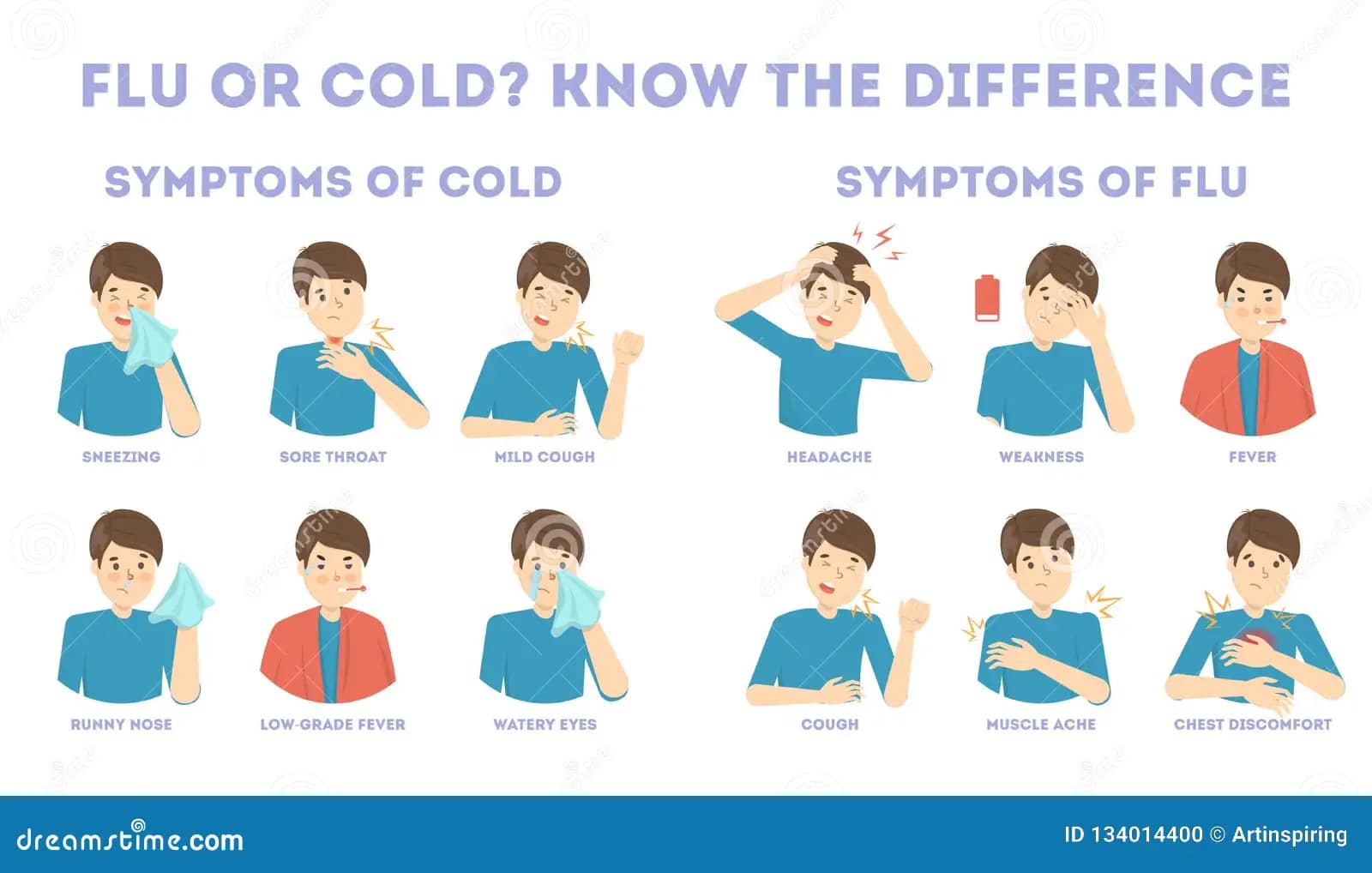Your kidneys are small but powerful organs that work 24/7 to filter waste, balance fluids, and regulate vital minerals. A well-balanced diet can significantly reduce your risk of kidney disease or slow its progression if already diagnosed. Here’s how to eat right for your kidneys.
Control Your Salt Intake
Why it matters: Too much sodium increases blood pressure, which can damage kidneys over time.
Tip:
- Limit processed foods and snacks (chips, instant noodles, pickles).
- Avoid adding extra table salt.
- Use herbs and spices (like turmeric, basil, or cumin) instead of salt for flavor.
Stay Hydrated – But Don’t Overdo It
Why it matters: Proper hydration helps your kidneys clear toxins, but excessive water can stress them.
Tip:
- Drink 6–8 glasses of water a day unless advised otherwise by your doctor.
- Cut back on sugary sodas and energy drinks.
Eat the Right Proteins
Why it matters: Your body needs protein, but too much can overload your kidneys.
Tip:
- Choose lean protein like fish, egg whites, tofu, or legumes.
- Limit red meat and full-fat dairy if you have existing kidney concerns.
Monitor Potassium and Phosphorus
Why it matters: Imbalance of these minerals can harm kidney function, especially in CKD patients.
Tip:
- Avoid high-potassium foods like bananas, oranges, potatoes if your doctor advises.
- Reduce intake of phosphorus-rich processed foods (like colas and packaged meats).
Eat More Kidney-Friendly Foods
Good choices include:
- Cabbage
- Cauliflower
- Apples
- Blueberries
- Garlic
- Red grapes
These foods are low in sodium and packed with antioxidants and vitamins.
Say No to Smoking and Alcohol
Both habits reduce kidney function and increase your risk of high blood pressure and diabetes—top causes of kidney disease.
Watch Your Portions and Weight
Why it matters: Obesity increases the risk of diabetes and high BP, which are major causes of kidney failure.
Tip:
- Choose small, balanced meals.
- Follow a meal plan if you’re managing diabetes or hypertension.

